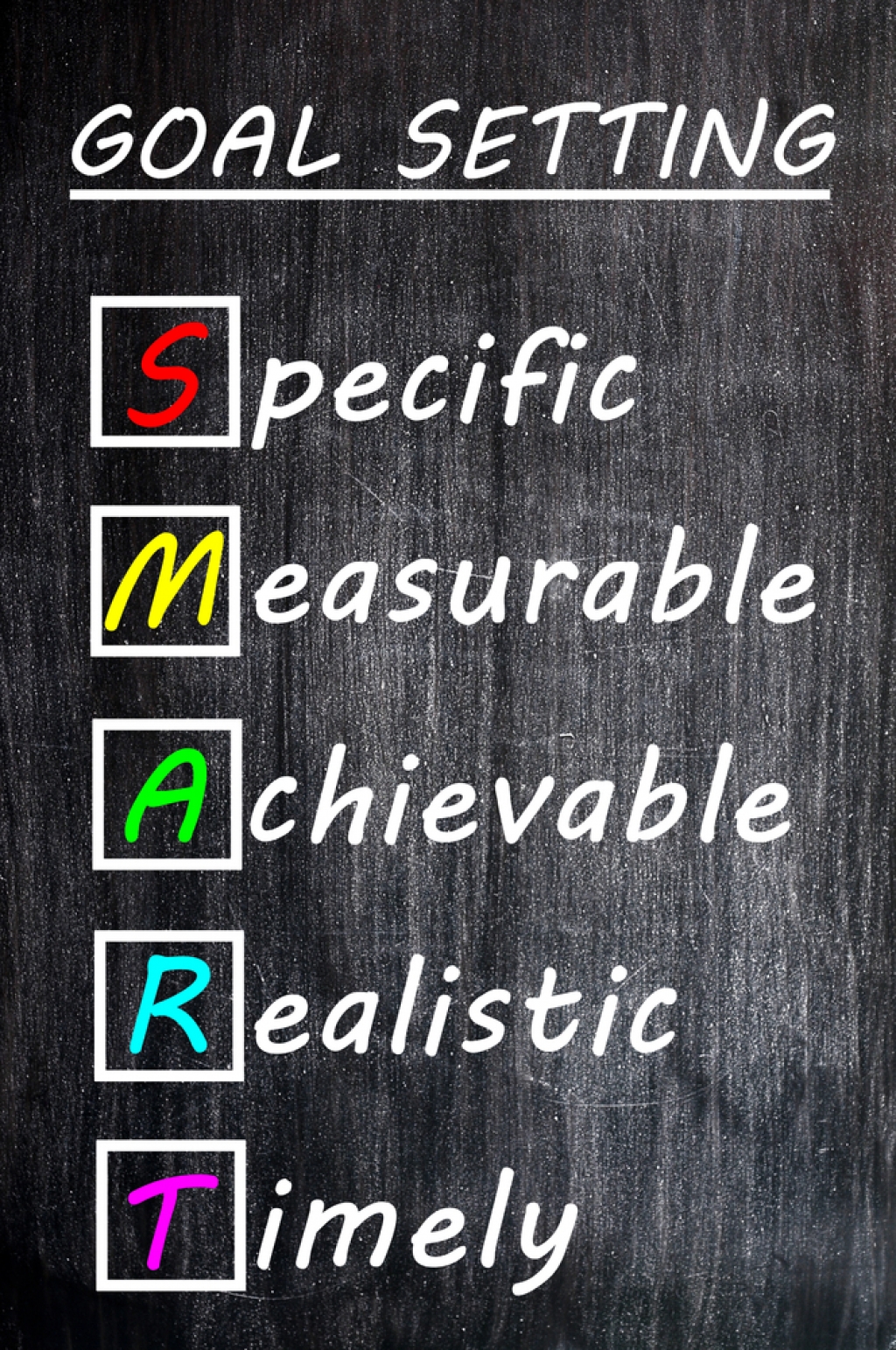In the ever-evolving landscape of professional development and organizational advancement, the dichotomy of coaching and consulting emerges as a crucial consideration for businesses seeking transformative growth. While both coaching and consulting share the common goal of facilitating progress, understanding the intricate differences and shared components is paramount for making well-informed decisions. This comprehensive article aims to delve deeply into the nuanced distinctions and overlaps between coaching and consulting, providing extensive insights to guide businesses in selecting the most suitable service based on their distinctive needs.
Distinguishing Coaching and Consulting:
- Nature of the Relationship:
- Coaching: At its core, coaching is characterized by a collaborative and empowering relationship between the coach and the individual or team. Coaches serve as catalysts for self-discovery, guiding clients towards personal growth and development.
- Consulting: In contrast, consulting involves a more directive relationship. Consultants are engaged for their specialized knowledge and experience, taking an active role in providing specific solutions or recommendations to address complex business challenges.
- Approach to Problem-Solving:
- Coaching: The coaching approach centers around asking powerful questions, active listening, and goal-setting. Coaches facilitate an environment that encourages the coachee to explore and uncover their own solutions and strategies.
- Consulting: Consulting, on the other hand, employs a more hands-on approach. Consultants leverage their expertise to analyze problems and offer concrete, actionable solutions tailored to the specific needs of the business.
- Client Empowerment:
- Coaching: Client empowerment is a cornerstone of coaching. Coaches strive to empower individuals or teams by fostering a sense of self-efficacy, encouraging ownership of their development journey, and unlocking their inherent potential.
- Consulting: While consultants aim to guide clients with expertise, the emphasis is on the consultant taking a more active role in the implementation of solutions, thereby influencing decision-making more directly.
Identifying Common Ground:
- Goal Orientation:
Both coaching and consulting align in their commitment to goal-setting. While coaches aid clients in defining and achieving personal or professional goals through self-discovery, consultants focus on achieving specific, measurable business objectives. - Enhanced Decision-Making:
Both services contribute significantly to improved decision-making processes. Coaching aids individuals or teams in making informed choices by tapping into their own insights and perspectives. Meanwhile, consulting brings external expertise to the table, guiding strategic decision-making through a lens of specialized knowledge and experience.
Choosing the Right Service for Your Business:
- Assess Your Needs:
In the initial stages, a thorough assessment of the specific challenges or goals your business is facing is paramount. If the objective is to foster personal development, team collaboration, or unlock latent potential within the organization, coaching may be the ideal choice. For targeted problem-solving and expert guidance in a particular business domain, consulting might be more appropriate. - Consider the Developmental Stage:
Businesses evolve through various developmental stages, and the choice between coaching and consulting may vary accordingly. In the nasceen nt stages of a project or business, consulting can provide invaluable expertise to navigate challenges effectively. As the organization matures, coaching becomes increasingly valuable for sustained growth, leadership development, and the cultivation of a positive organizational culture. - Budget and Time Constraints:
Consideration of budget and time constraints is crucial in the decision-making process. Coaching relationships often require a more extended duration for meaningful and sustainable impact, as they involve fostering personal and team development over time. Conversely, consulting engagements may offer quicker, more specific results, making them suitable for businesses with more immediate challenges and limited timeframes.
Exploring the Intersection:
As businesses grapple with the decision between coaching and consulting, it's essential to recognize that these services are not mutually exclusive. In fact, an emerging trend in the professional development landscape is the integration of coaching and consulting – a hybrid approach that capitalizes on the strengths of both methodologies.
- Coaching and Consulting Integration:
Businesses increasingly acknowledge that a blend of coaching and consulting can yield a more holistic and impactful result. By incorporating coaching elements into a consulting framework, organizations can benefit from the empowerment and self-discovery aspects of coaching while leveraging the targeted problem-solving expertise of consulting. - Tailored Solutions:
Recognizing that each business is unique, an integrated approach allows for the tailoring of solutions to address specific challenges. This hybrid model ensures that organizations receive the personalized attention required for fostering both individual and collective growth.
Conclusion
In the dynamic landscape of business evolution, the decision to engage in coaching or consulting is not a binary choice but a strategic consideration aligned with the unique needs and aspirations of the organization. This comprehensive exploration has shed light on the nuanced differences, shared components, and the emerging trend of integrating coaching and consulting. By carefully evaluating the developmental stage, budget constraints, and the specific challenges faced, businesses can make informed decisions that pave the way for sustained growth, effective leadership, and a thriving organizational culture. Ultimately, the key lies in recognizing that coaching and consulting, when chosen wisely and blended judiciously, can serve as powerful catalysts for transformative success.




